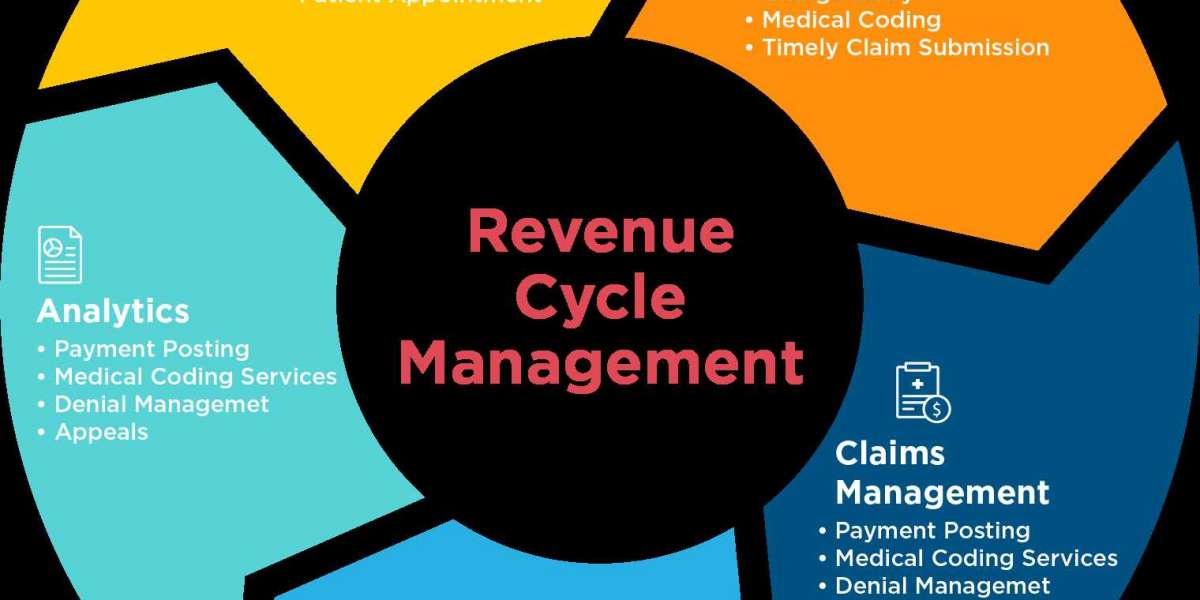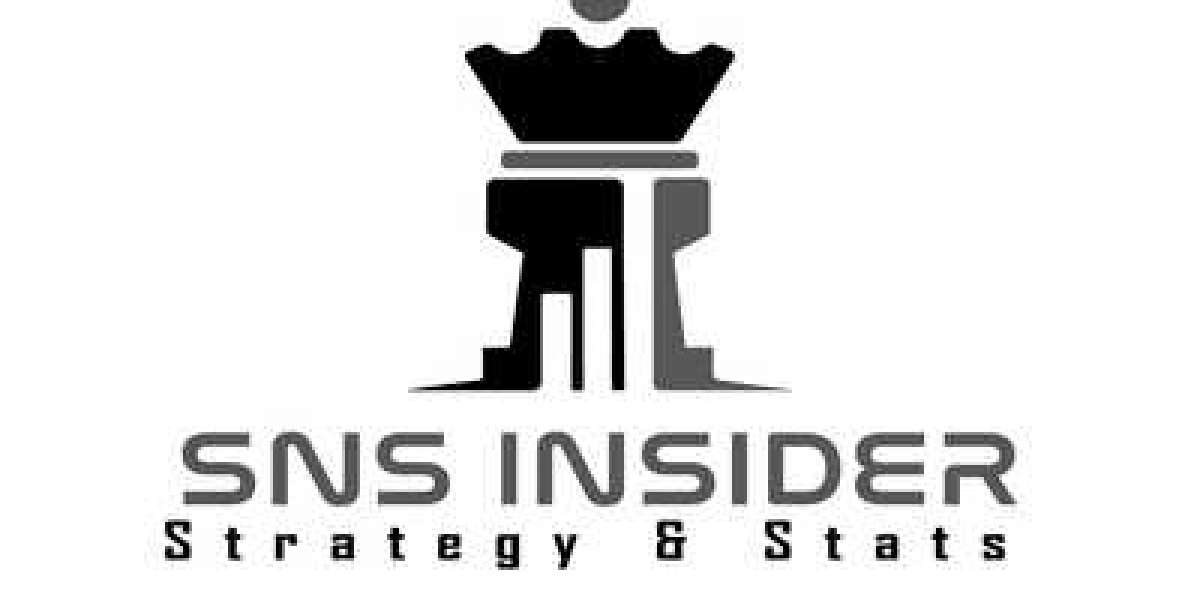In the world of healthcare, the term "Revenue Cycle Management" may not sound as captivating as the latest medical breakthrough, but it's a critical aspect of the healthcare industry that keeps the wheels turning. Efficient revenue cycle management (RCM) is the lifeblood of any healthcare organization, ensuring that they not only survive but thrive in a competitive market. In this article, we will delve into the intricacies of revenue cycle management, exploring its various components and offering insights into how healthcare providers can optimize their RCM to enhance revenue streams.
What is Revenue Cycle Management?
Revenue Cycle Management, often referred to as RCM, encompasses the financial process that healthcare organizations follow to manage patient claims, payments, and revenue generation. It's the backbone of the healthcare industry, connecting patient care to financial health. RCM begins the moment a patient schedules an appointment and continues through the entire patient care journey until the last claim is processed and the payment is received.
The Revenue Cycle Management Process
Patient Scheduling and Registration
The revenue cycle starts with the patient's appointment. The patient scheduling and registration phase involves gathering crucial information, including demographic and insurance details. Accurate data entry is vital here to avoid claim denials and payment delays.
Insurance Verification
Once the patient is registered, healthcare providers must verify the patient's insurance coverage. This step ensures that services rendered will be reimbursed, reducing the risk of unpaid claims.
Charge Capture
During this phase, healthcare providers document all the services and procedures performed during a patient's visit. These charges need to be accurately recorded and transmitted to the billing department.
Medical Coding
Medical coding involves assigning the appropriate diagnostic and procedural codes to each service provided. This step is critical as it directly impacts the reimbursement amount from insurance companies.
Claims Submission
The claims submission process is where healthcare providers send claims to insurance companies for reimbursement. These claims need to be error-free and submitted in a timely manner to prevent denials or delays.
Payment Posting
When insurance companies approve the claims, payments are received. The payment posting phase involves recording the payments and making necessary adjustments, such as deductibles or copays.
Denials Management
Unfortunately, not all claims are approved on the first submission. Denials management is the process of identifying the reasons for claim denials and resubmitting corrected claims to ensure payment.
Patient Billing
Patients are billed for their share of the healthcare costs, such as copays, deductibles, or services not covered by insurance. Timely and accurate billing is essential to avoid patient dissatisfaction and overdue payments.
Accounts Receivable Management
This phase involves tracking and managing outstanding payments from both insurance companies and patients. It includes following up on unpaid claims, managing appeals, and ensuring all outstanding balances are collected.
The Importance of Effective Revenue Cycle Management
Efficient RCM has a significant impact on a healthcare organization's financial health. Here are some key reasons why healthcare providers must prioritize RCM:
Increased Revenue
By streamlining the revenue cycle, healthcare organizations can reduce claim denials and payment delays, ultimately leading to increased revenue.
Cost Savings
Effective RCM reduces operational costs associated with manual data entry, claim resubmissions, and accounts receivable management.
Compliance
Adhering to RCM best practices ensures healthcare providers comply with regulatory standards and reduces the risk of legal and financial penalties.
Enhanced Patient Satisfaction
Efficient RCM processes lead to accurate and timely billing, resulting in happier patients who understand their financial responsibilities.
Data-Driven Decision Making
RCM provides valuable data on revenue streams, claim denials, and billing trends, allowing healthcare organizations to make informed decisions.
Improved Cash Flow
Optimized RCM accelerates the payment cycle, ensuring a steady cash flow that allows healthcare organizations to meet their financial obligations.
Best Practices for Optimizing Revenue Cycle Management
To achieve the full potential of RCM, healthcare providers should consider the following best practices:
Automation
Implementing RCM software can streamline processes, reduce errors, and increase efficiency in patient scheduling, billing, and claims management.
Staff Training
Invest in continuous training for staff involved in RCM processes to stay up to date with the latest regulations and coding changes.
Data Analytics
Utilize data analytics to identify trends and areas for improvement in the revenue cycle, leading to informed decision-making.
Patient Education
Educate patients about their financial responsibilities and provide clear, easy-to-understand billing statements.
Regular Auditing
Conduct regular audits of your RCM processes to identify bottlenecks and areas for improvement.
In Conclusion
Revenue Cycle Management is the backbone of the healthcare industry, connecting patient care to financial well-being. Healthcare providers that prioritize efficient RCM processes can maximize revenue, reduce costs, and ensure compliance, all while providing an excellent patient experience. To stay competitive and thrive in the ever-evolving healthcare landscape, healthcare organizations must continue to refine and optimize their RCM practices.







